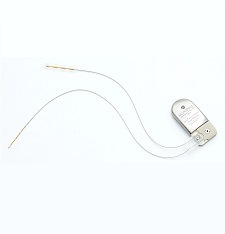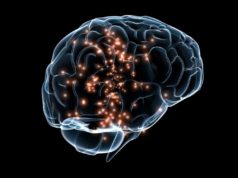
NeuroPace has announced the first patient has been implanted in the NAUTILUS clinical trial, a pivotal study that will evaluate the safety and effectiveness of its RNS (restorative neurostimulation) system in individuals aged 12 and older with drug-resistant idiopathic generalised epilepsy (IGE).
The first procedure took place at Vanderbilt Health in Nashville, USA, with co-investigators Angela Crudele and Dario Englot, according to a NeuroPace press release.
“Today, we have limited treatment options for patients who have drug-resistant IGE,” said Crudele. “This condition can be very difficult to treat and has a significant impact on a patient’s and family’s quality of life. I am excited about the possibility of having an FDA [Food and Drug Administration]-approved treatment for this population, such as a brain-responsive neuromodulation, and giving these patients a better future.”
IGE is the second most common type of epilepsy, after focal onset epilepsy, accounting for 15–30% of epilepsies, the release notes. It is usually diagnosed in childhood or adolescence, and often results in life-long seizures.
The NAUTILUS study is a prospective, multicentre, randomised controlled pivotal study designed to demonstrate that the closed-loop, brain-responsive RNS system is safe and effective as an adjunctive therapy for primary generalised seizures associated with drug-resistant IGE. Bonnie, who was the first patient treated in NAUTILUS and has had drug-resistant epilepsy since infancy, said her “greatest hope” for the trial is to be stable enough to have a job.
“This is a groundbreaking study that could allow individuals who have drug-resistant generalised epilepsy to be treated with the RNS system,” added NeuroPace chief medical officer Martha Morrell. “Brain-responsive neuromodulation is a proven therapy for drug-resistant focal epilepsy, with long-term studies demonstrating significant seizure reduction and quality of life improvements for patients. I look forward to investigating whether this therapy could provide similar benefits to patients suffering from primary generalised epilepsy, helping to fill a large unmet need in this population.”













